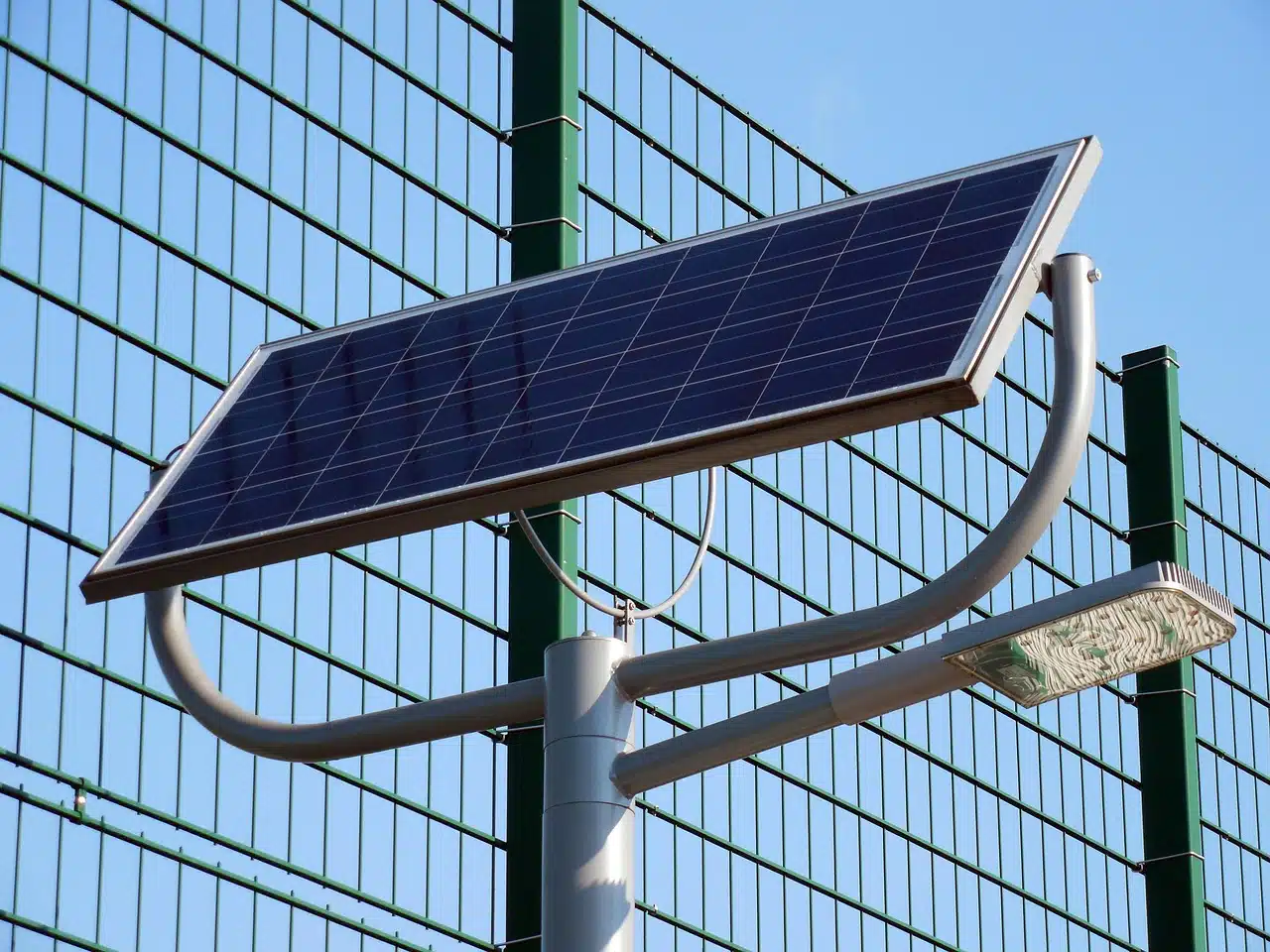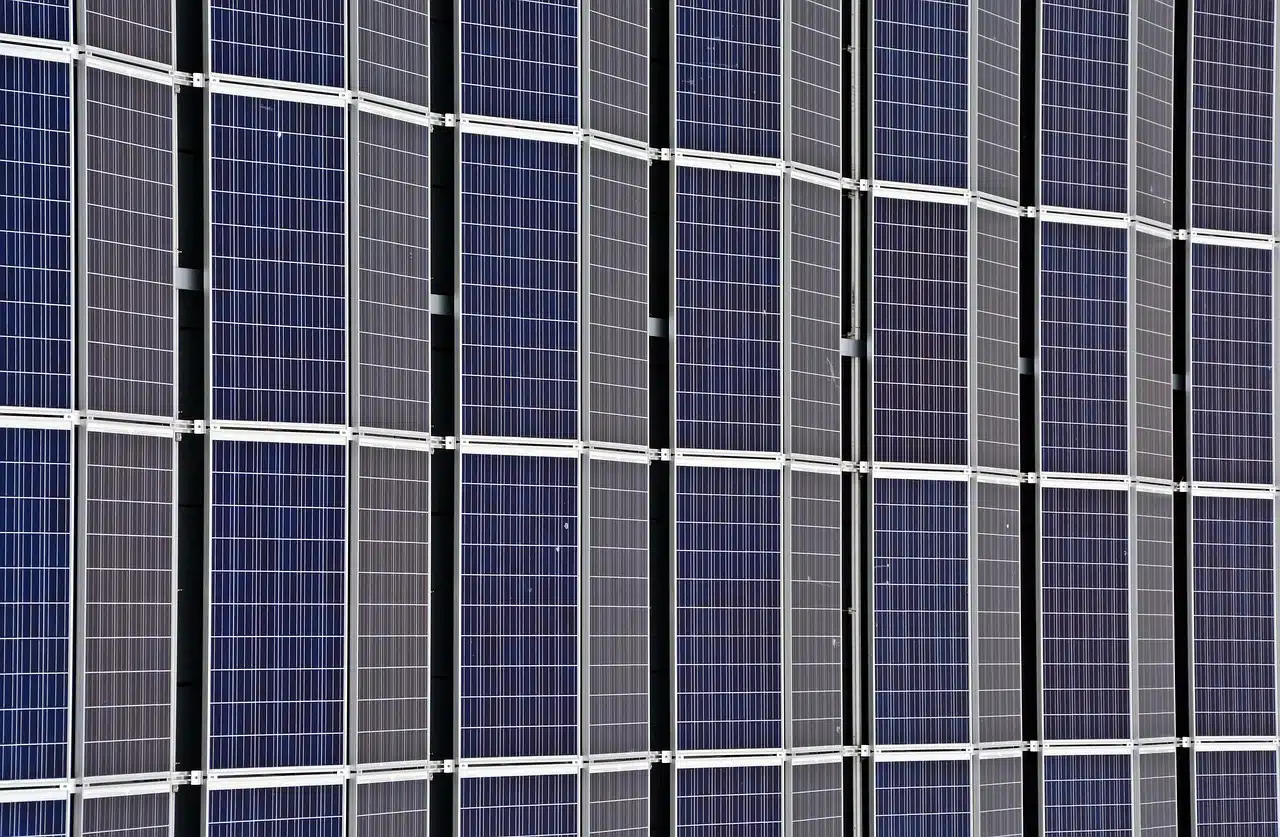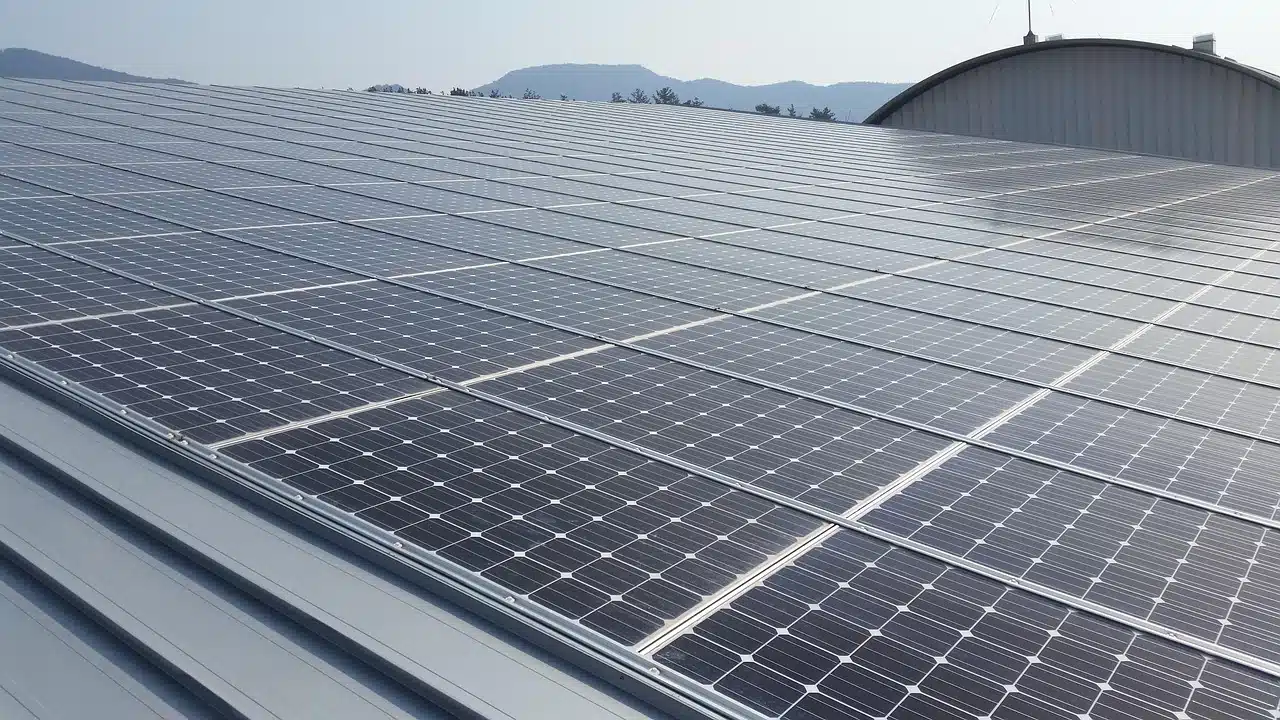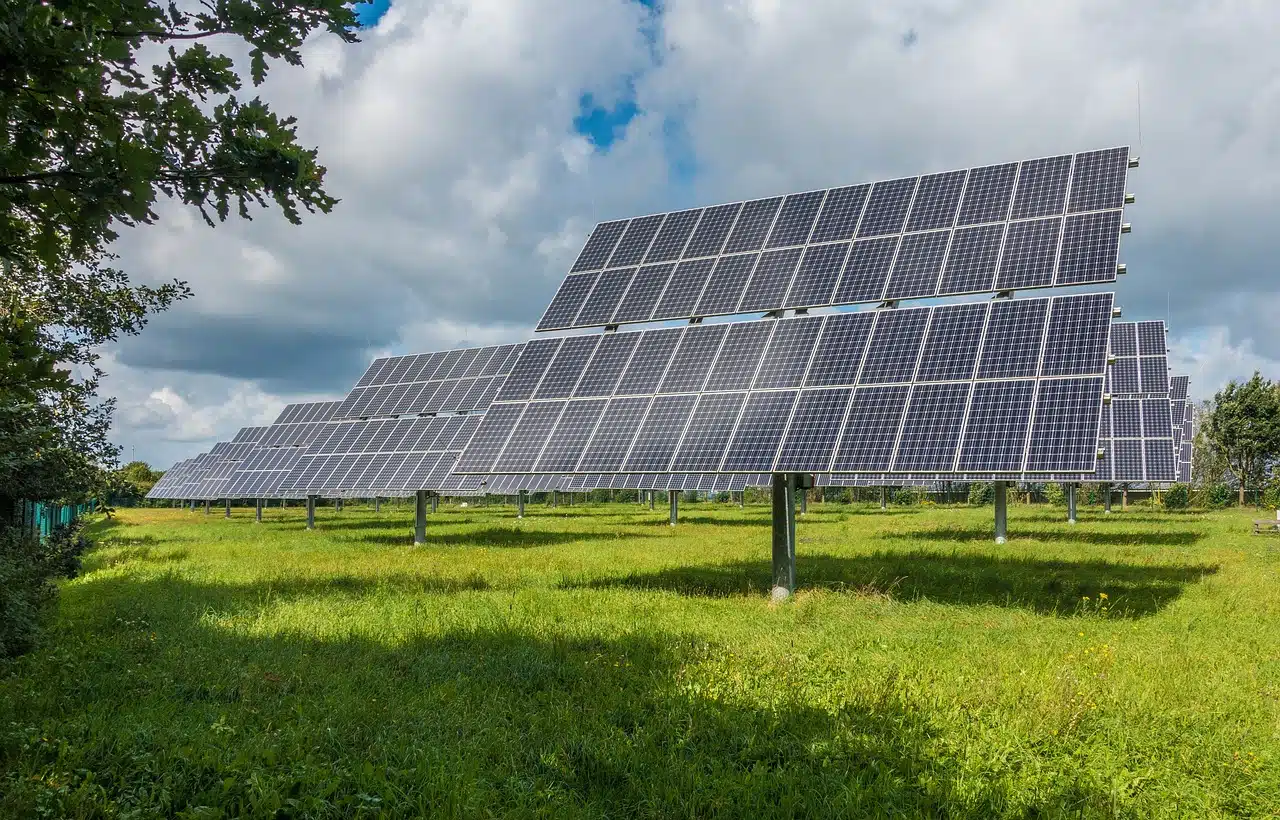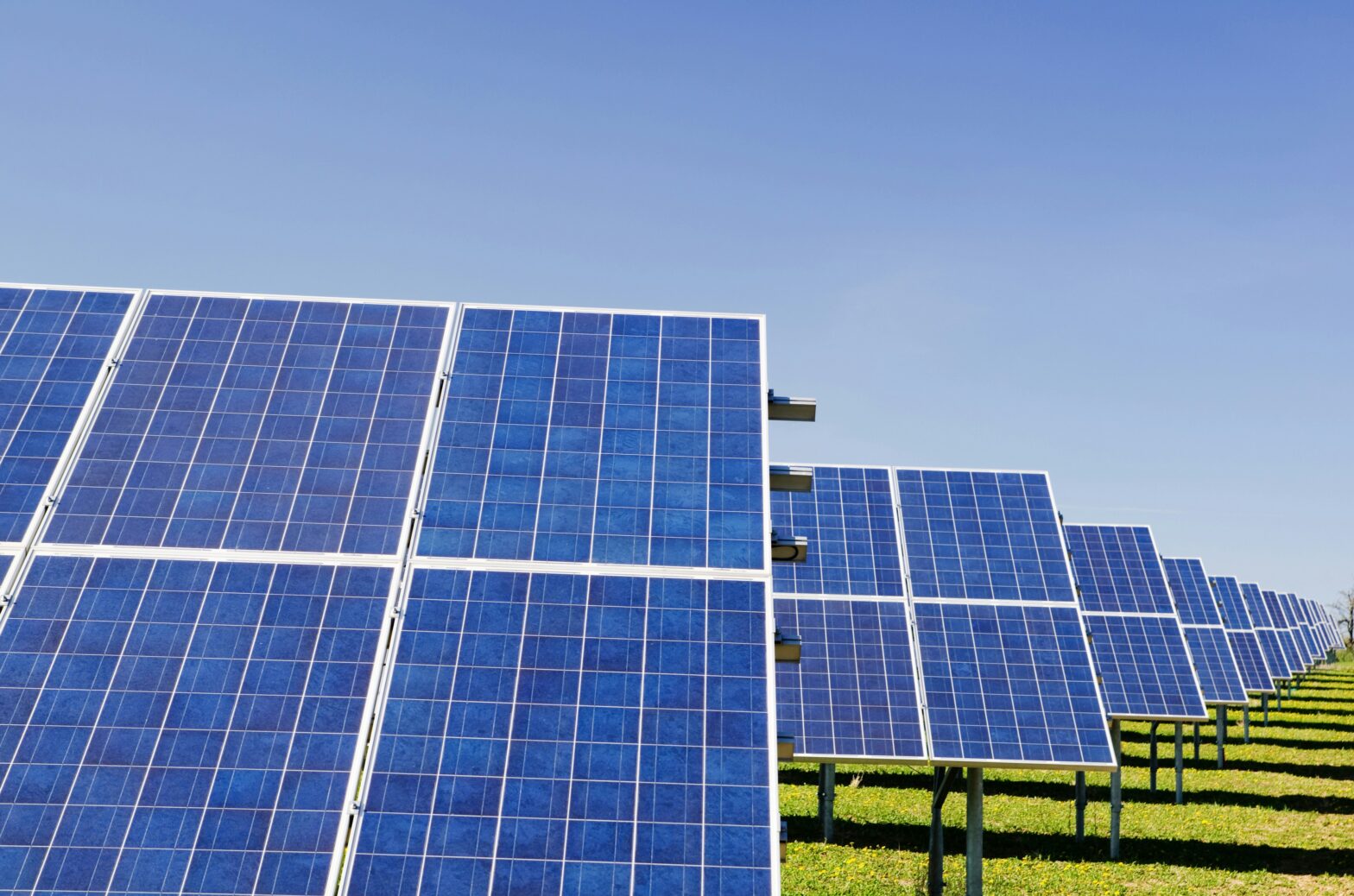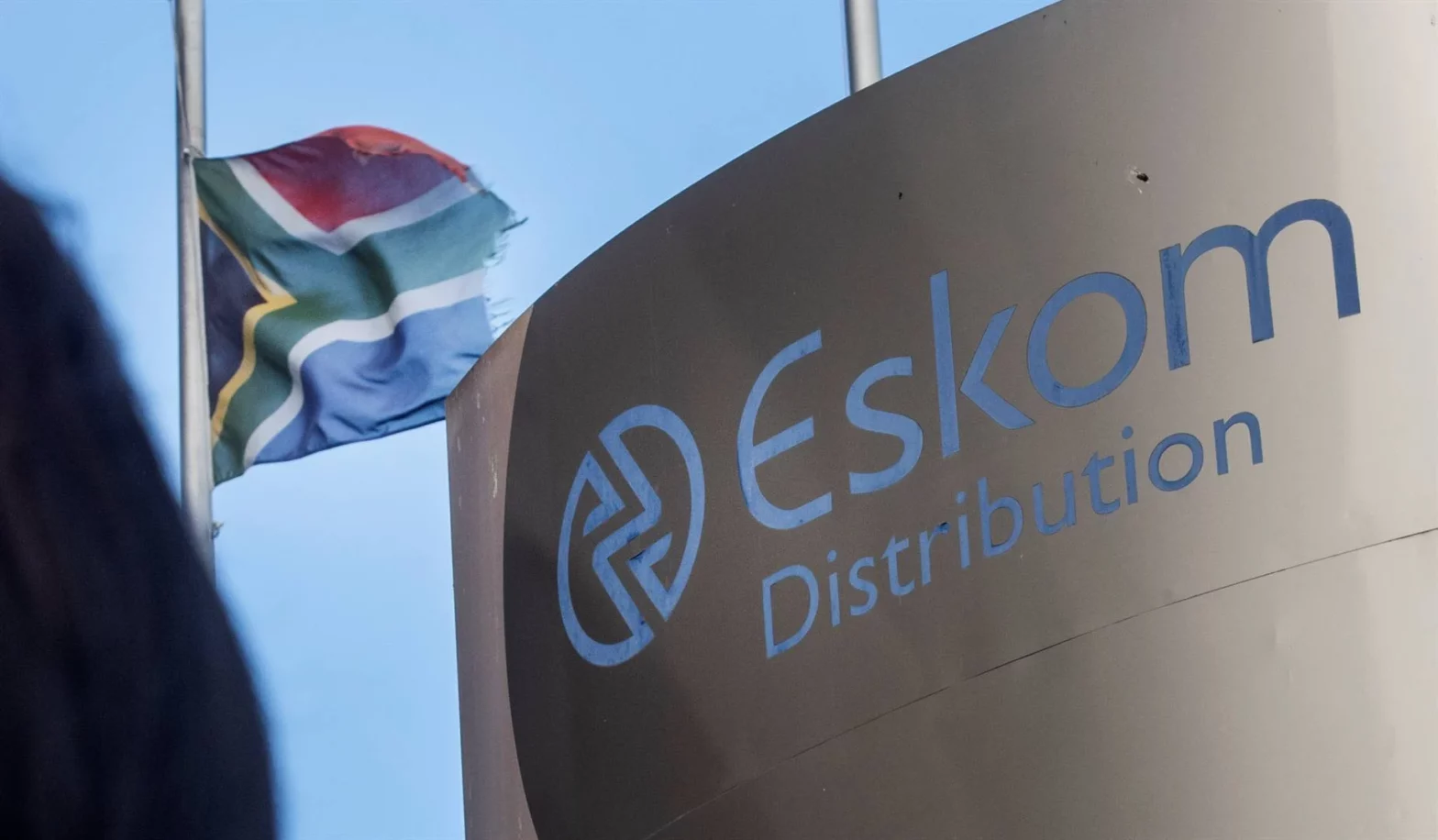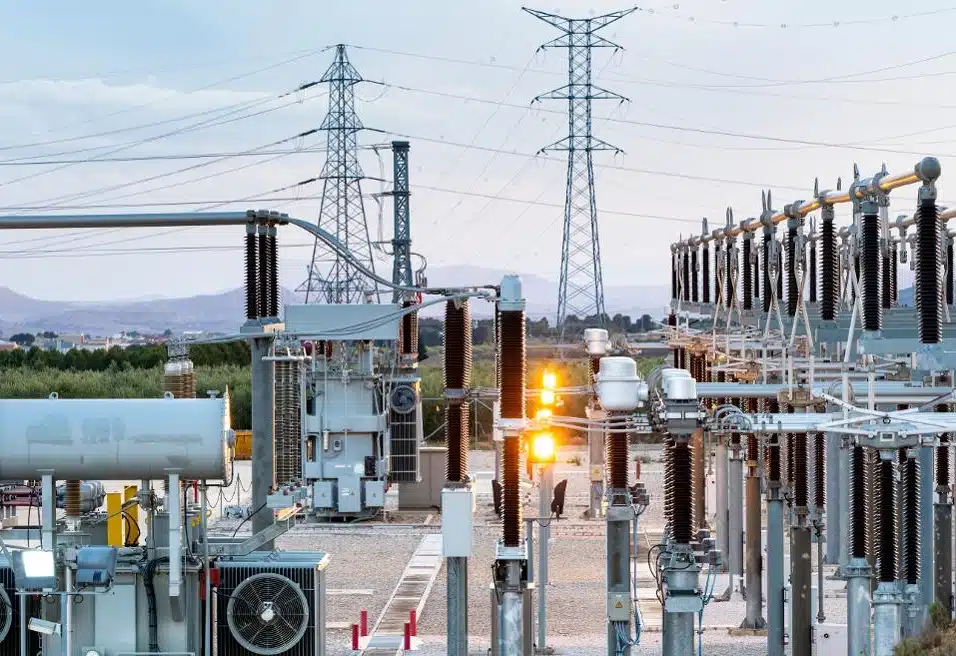Nigeria’s electricity challenges have presented an opportunity for solar energy to take center stage as a sustainable solution to the nation’s power sector problems.
The country’s widespread solar adoption has been even more energised by the decision of the nation’s government to build a decentralised solar mini grid to power the presidential villa.
Because of this, there is an increased demand for solar energy companies to supply the much- needed equipment to customers across the nation.
For prospective investors and industry professionals who would like to join Nigeria’s solar market, here’s a detailed breakdown of the steps you need to take to establish a thriving solar energy company.
1. Register the company
The first step in registering a solar company in Nigeria is to register it with the nation’s Corporate Affairs Commission (CAC).
In Nigeria, the CAC is the authorized body for business registration.
To register, you will have to register with either a business name or a limited liability company.
While the business name is the most cost-effective way to register a company, registering as a limited liability company helps if you are planning to expand your company into a large corporate entity.
Also, the applicants will have to fill out required documents and pay a registration fee as stipulated by the CAC.
2. Get an import/export number
For solar companies that would like to import and export solar equipment for their operations, an Importer/Exporter Number (IEN) issued by the Nigerian Customs Service (NCS) is needed.
To get the IEN, the company would have to provide its Certificate of Incorporation (issued by the CAC),
Tax Identification Number (TIN) from the Federal Inland Revenue Service, a bank reference letter, personal identification of business directors or founders, and company contact information, as well as any fees as may be stipulated by the Customs service.
3. Get product quality certifications
To ensure that your company’s solar products maintain high quality and have public trust, it must be certified by the Standards Organisation of Nigeria (SON).
For locally manufactured solar products, they must receive a MANCAP certification.
MANCAP stands for Mandatory Conformity Assessment Programme, a scheme by the Standards Organisation of Nigeria (SON) to ensure locally manufactured products meet Nigerian Industrial Standards (NIS).
MANCAP Certifications typically last for a period of three years before needing renewal
For solar products manufactured in other countries, a SONCAP certification is required.
SON Conformity Assessment Programme, is a mandatory scheme in Nigeria ensuring imported products meet Nigerian standards.
4. Ensure membership in industry associations
Companies that specialise in solar products should seek to join associations which their peers are members of.
One such organisation is the Renewable Energy Association of Nigeria (REAN).
Membership in associations like this will expose your company to industry insights, funding opportunities and contacts to help your company succeed.

